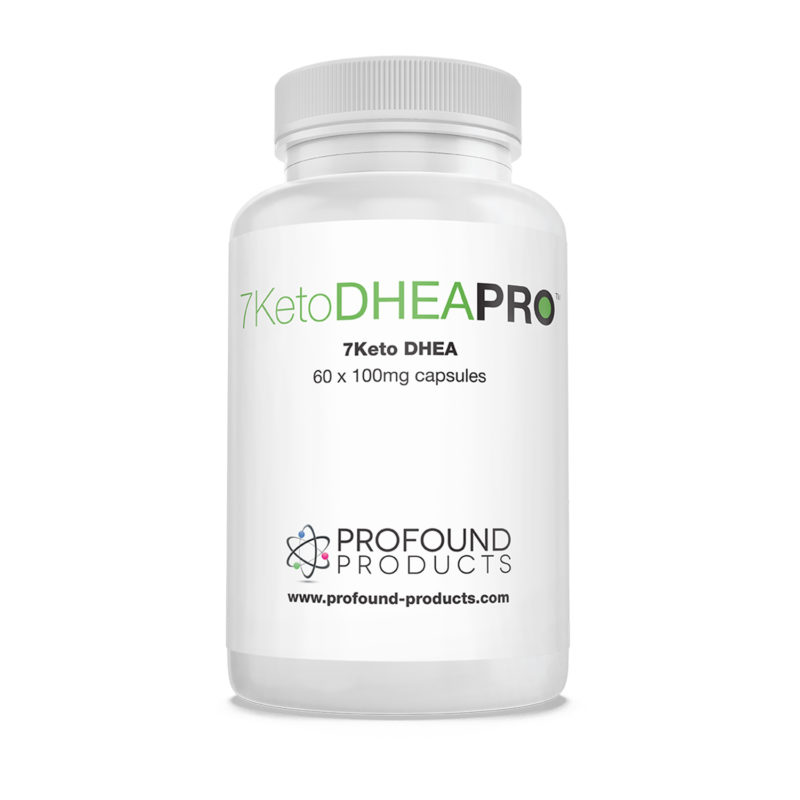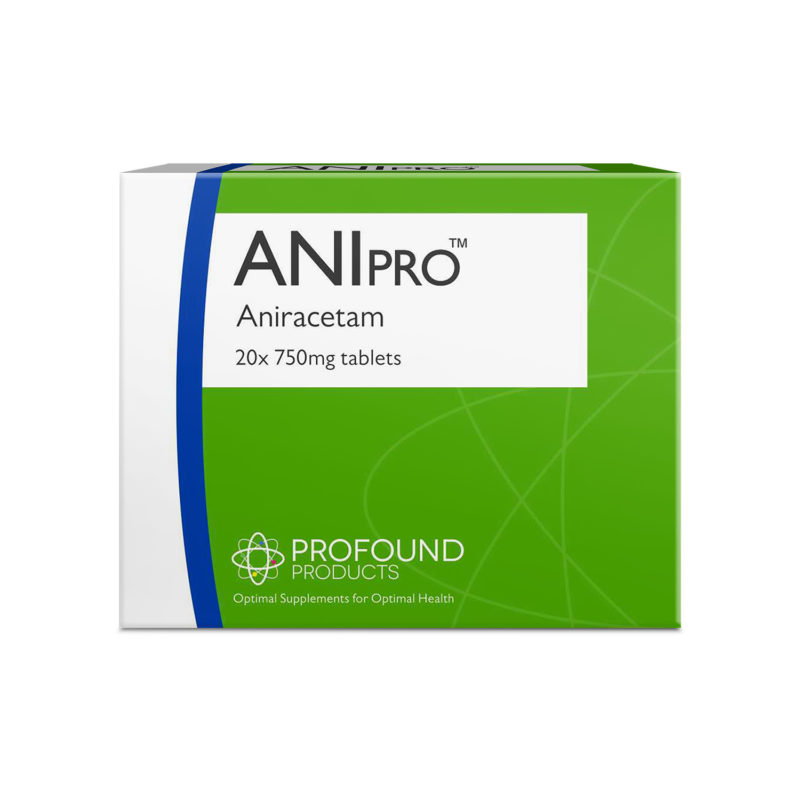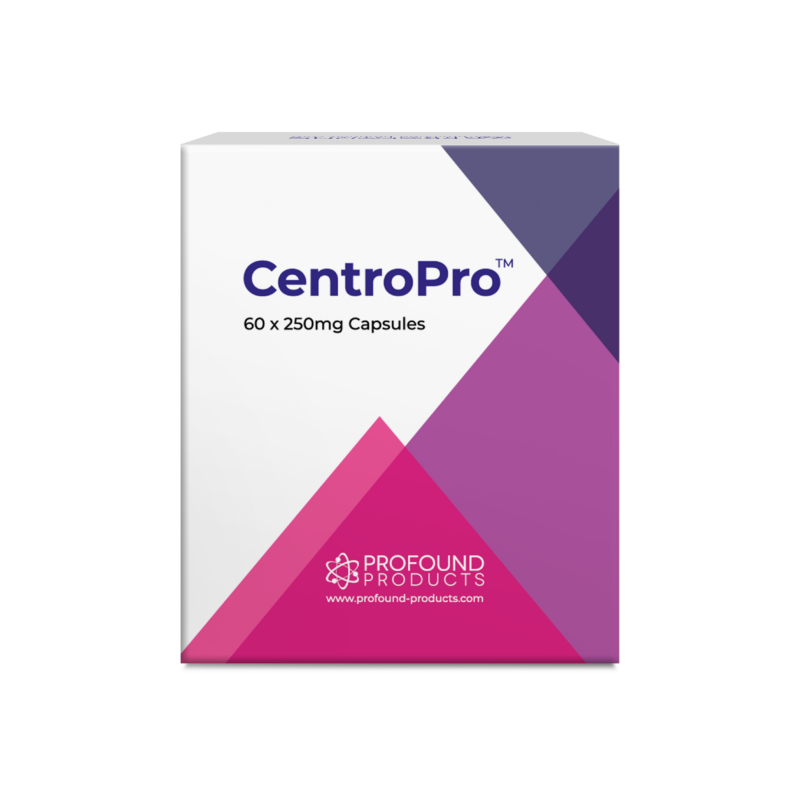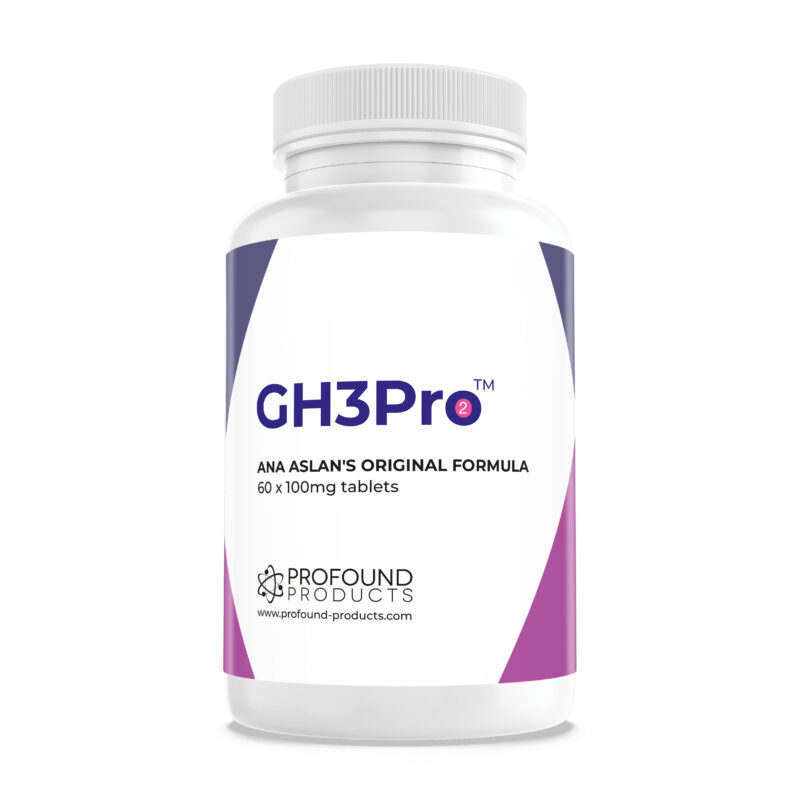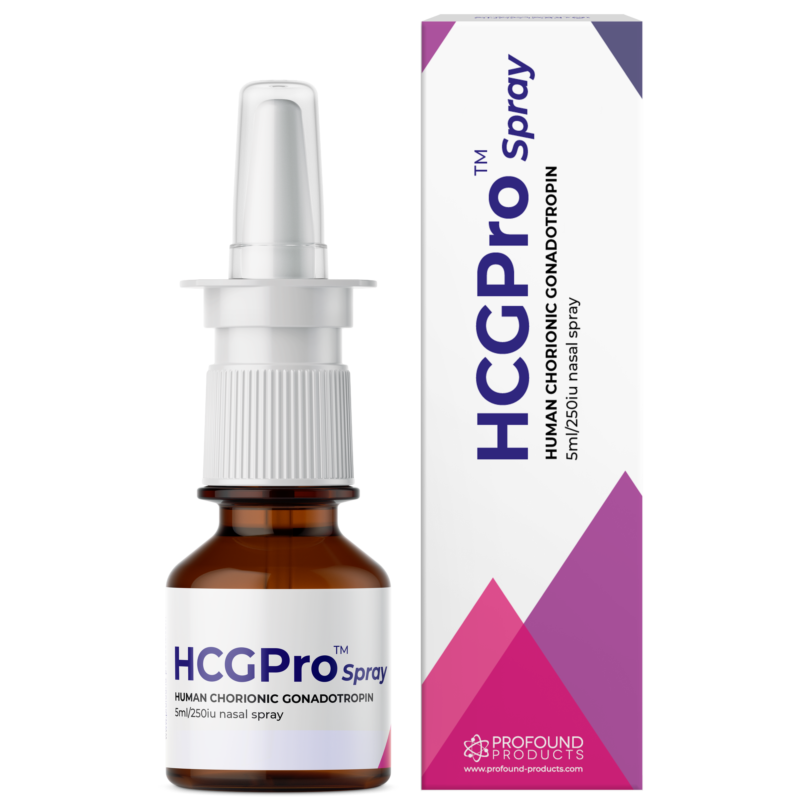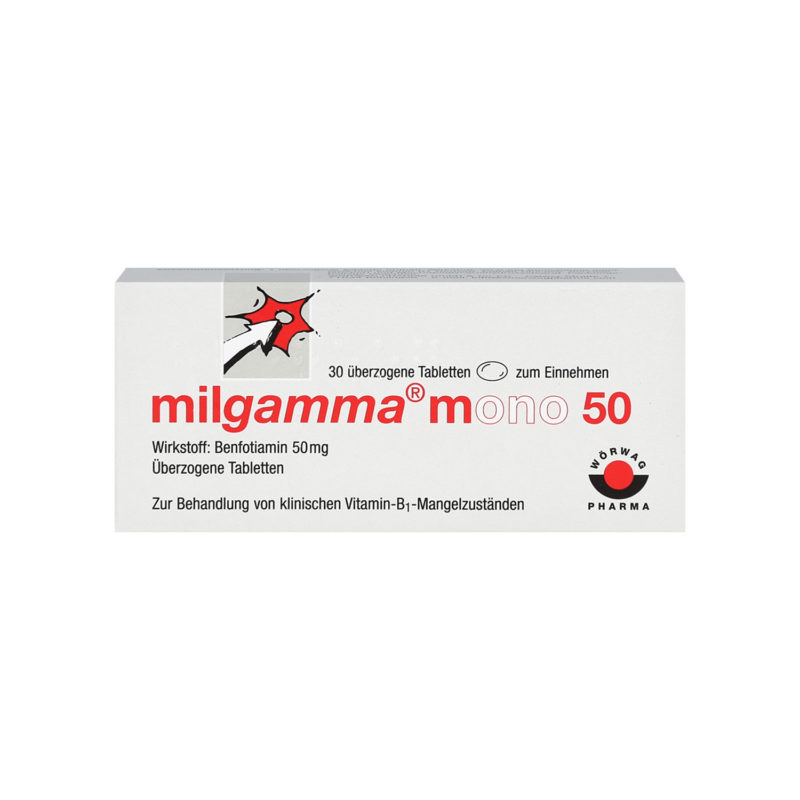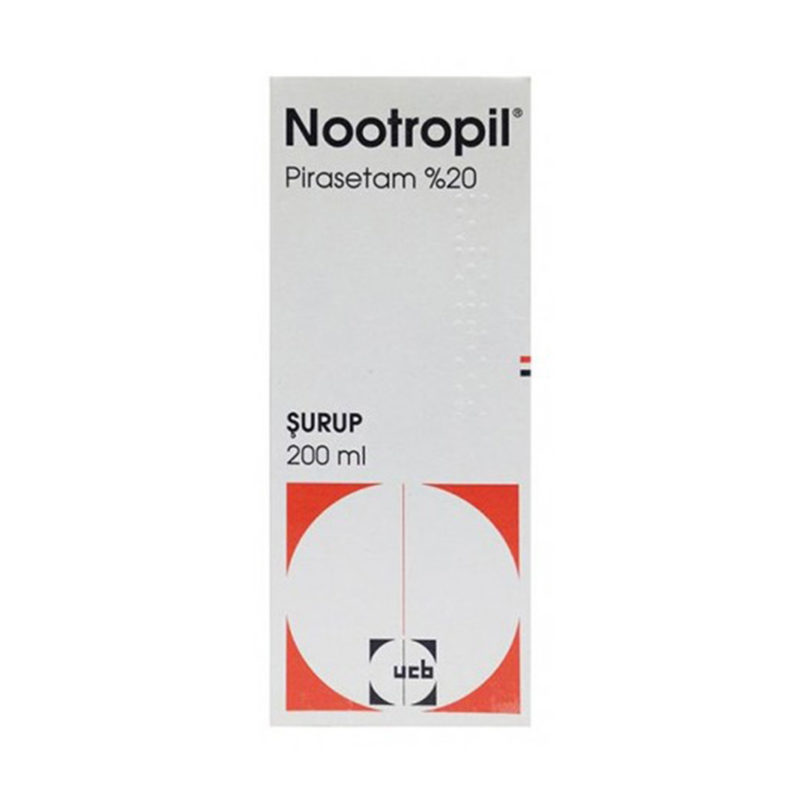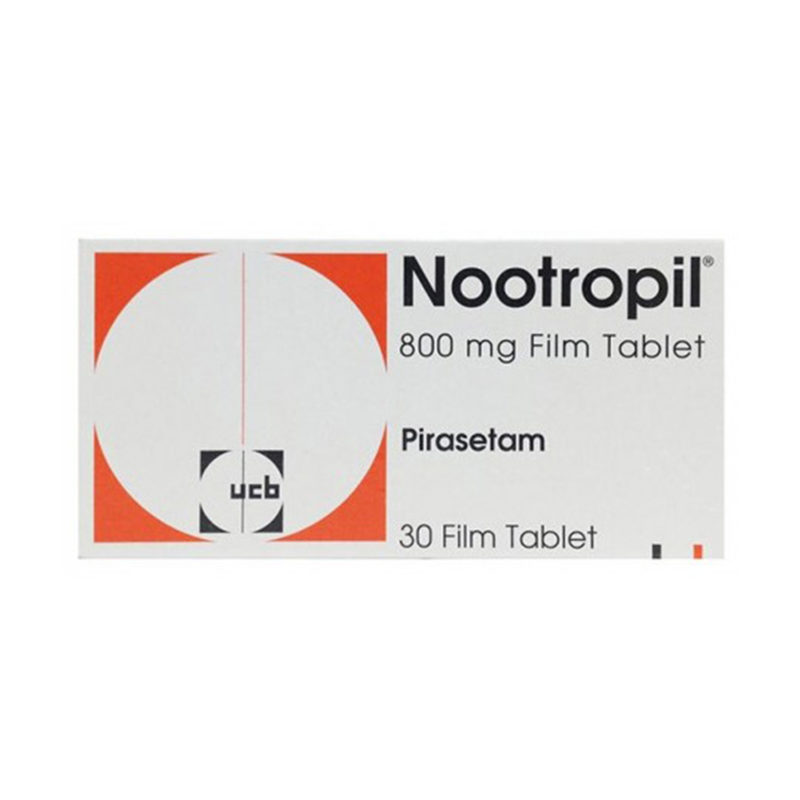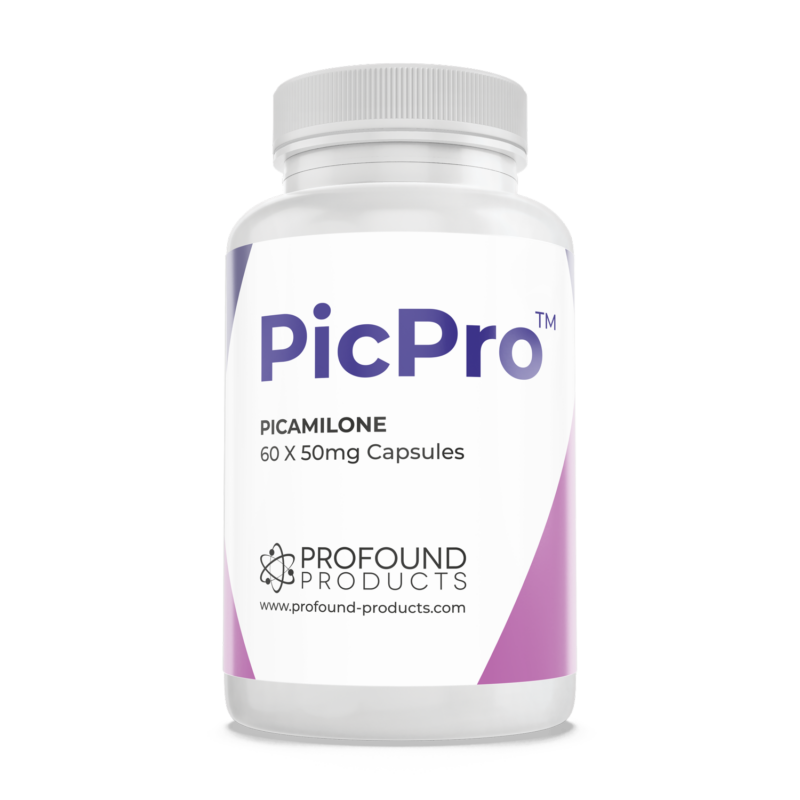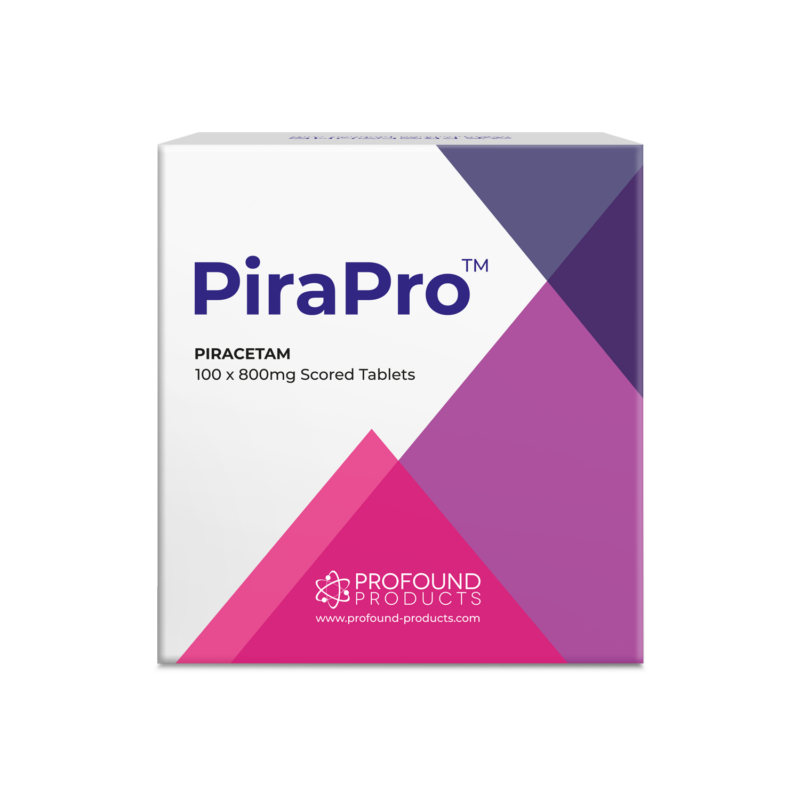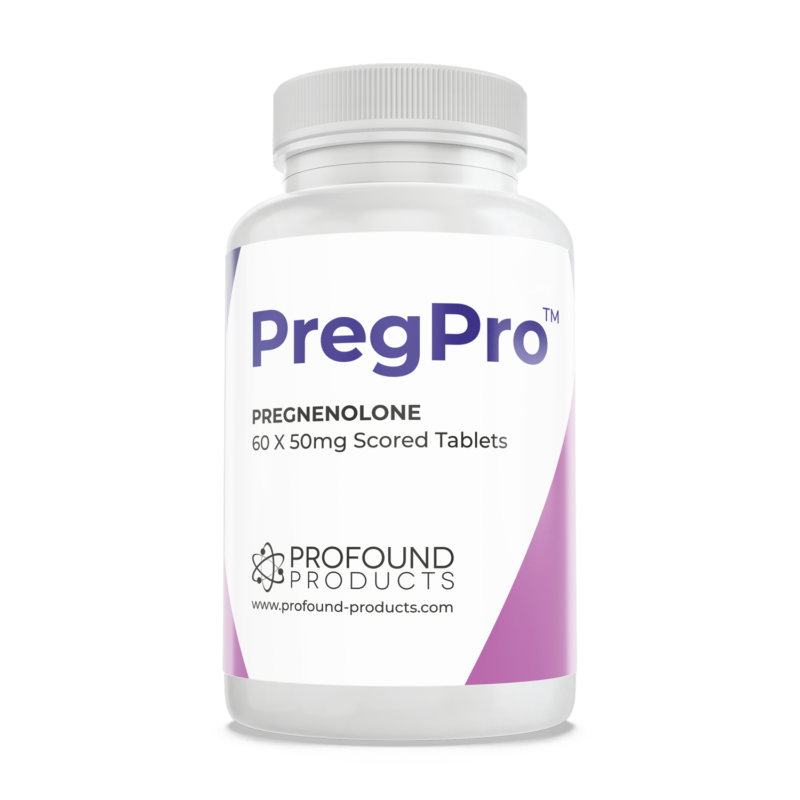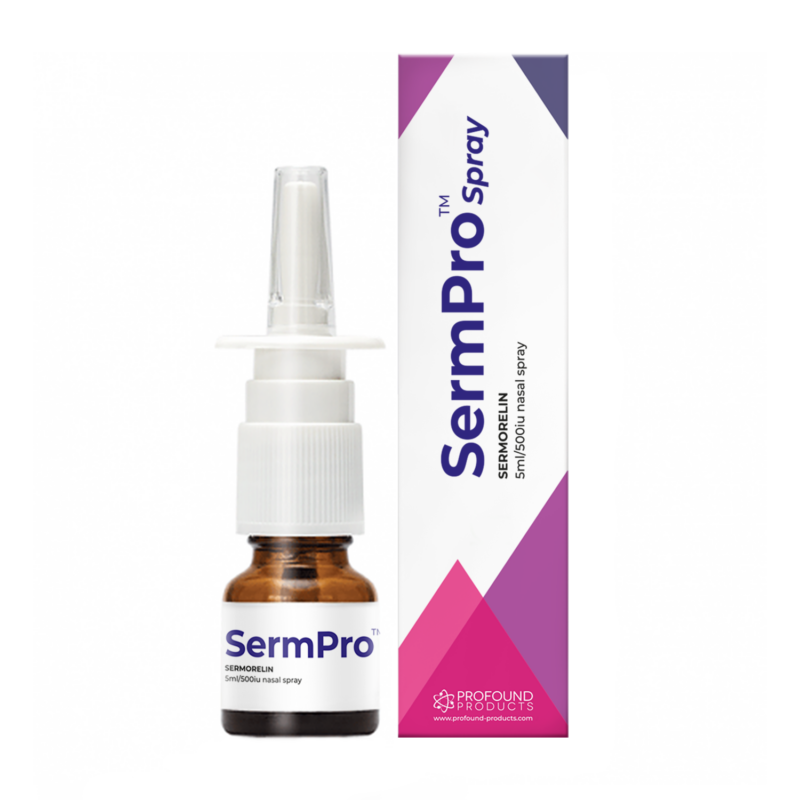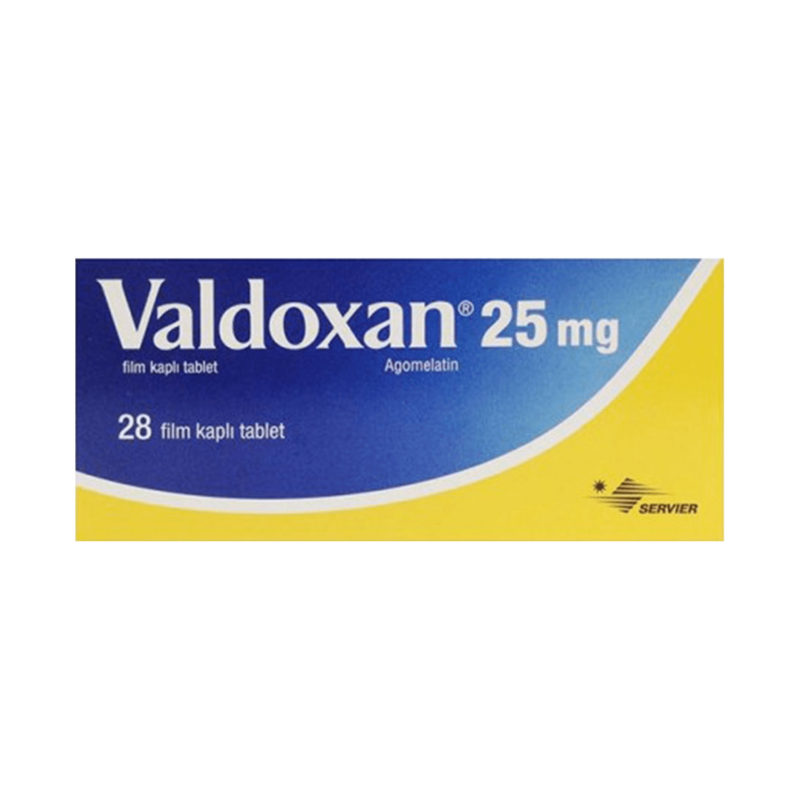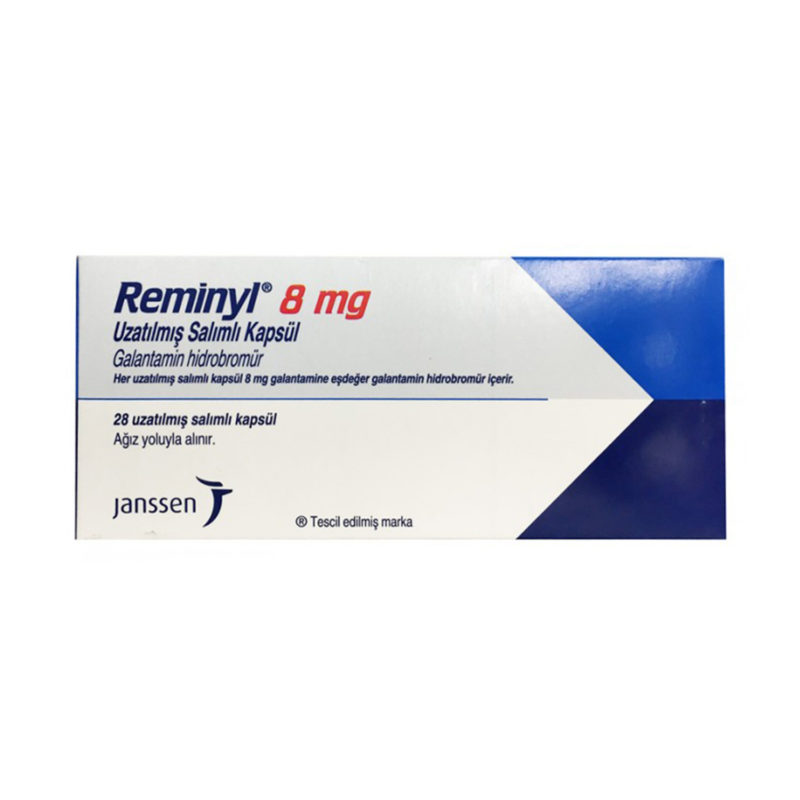
Galantamine Hydrobromide (Reminyl®)
Supports proper nicotinic receptor activity
Reminyl® is a brand name for galantamine, which is a phytonutrient extracted from the common snowdrop plant.
It’s been shown to act as an acetylcholinesterase inhibitor and block the age-related breakdown of the neurotransmitter acetylcholine (ACh). This has important implications for those concerned with Alzheimer’s since galantamine can improve ACh levels and it is the principal neurotransmitter ‘lost’ in the disease. Accordingly, this has become the principle use and focus for galantamine around the world.
In addition, galantamine also supports proper nicotinic receptor activity, an effect known to influence memory function. It may be this action that has led to it being utilised for other generalised states of vascular dementia.
Other off-label uses for galantamine have been detailed for the alleviation of depression. There is also anecdotal evidence that points to galantamine having a potential role in weight loss, due to its appetite suppressant effects.
This product has the
following ingredients
This product is associated with the following health conditions
Alzheimer’s Disease Parkinson’s disease Senile dementiaProduct Description
This leaflet contains important information. Please read it carefully before use. If you are a carer and will be giving Reminyl to the person you look after, it is also important that you read this leaflet on their behalf. If you have any questions or concerns after reading the leaflet, speak to your doctor or pharmacist.
WHAT IS REMINYL®?
The name of this medicine is Reminyl®, it contains the active ingredient galantamine hydrobromide. Reminyl® comes in 3 different strengths of tablets, as indicated below:
- The off-white tablets contain 4 mg galantamine and are marked G4.
- The pink tablets contain 8 mg galantamine and are marked G8.
- The orange-brown tablets contain 12 mg galantamine and are marked G12.
The tablets also contain the inactive ingredients; colloidal anhydrous silica, crospovidone, hypromellose, lactose monohydrate, magnesium stearate, microcrystalline cellulose, propylene glycol, talc and titanium dioxide (E111).
The tablets contain the following colouring agents: 4mg tablets: yellow ferric oxide (E172); 8 mg tablets: red ferric oxide (E172); 12 mg tablets: red ferric oxide (E172) and orange yellow S aluminium lake (E110). Note: The coloring E110 in the 12mg tablets can cause an allergic reaction, like asthma, in some people. An allergic reaction to E110 is more likely in people who are allergic to aspirin (acetylsalicylic acid). Speak to your doctor for advice before taking any tablets.
WHAT IS REMINYL® FOR?
Reminyl® is used in the treatment of mild to moderately severe Alzheimer’s disease or related dementia. Reminyl® works to increase the amount of acetylcholine in the brain, which dementia or Alzheimer’s sufferers are believed to have a lack of. This substance is what sends messages between brain cells, thus a lack will alter brain function.
The symptoms of low acetylcholine include confusion, progressive memory loss and behavioral changes.
WHEN REMINYL® SHOULD NOT BE USED?
There are certain conditions under what an individual should not take Reminyl®. These include:
- Anyone who has a known allergy or has had an allergic reaction to any of the ingredients, including galantamine. An allergic reaction may present with itching, a rash or swollen face/lips.
- Anyone who has severe liver or kidney disease.
- Anyone who has combined liver or kidney problems.
Please ensure you speak with your doctor if you have suffered with any of these problems.
BEFORE TAKING REMINYL®
Medicines are not always suitable for everyone. Do you have any of the following conditions, or haveave you suffered from these in the past?
- Liver or kidney problems
- Heart disorders
- Stomach ulcers/duodenal ulcers
- Acute abdominal pain
- Respiratory diseases such as asthma that affect the breathing
- Galactose intolerance
- Lactase deficiency
- Glucose/galactose malabsorption
Also, have you had any recent operations on the gut?
As Reminyl® contains lactose it may not be suitable for you if you suffer any of these conditions or have recently undergone gut related surgery.
If the answer to any of these questions is ‘Yes’, speak to your doctor for advice before any Reminyl® is taken. Your doctor may adjust the amount of medicine that you take.
If you are pregnant, trying to become pregnant or breast-feeding, do not take any Reminyl® before speaking to your doctor for advice. If you need to have a general anesthetic for an operation, tell the doctor that Reminyl® is being taken.
Children should not take Reminyl®. Reminyl® is not recommended for driving or operating machinery (Reminyl®, as well as the disease itself, can affect the ability to drive or operate machinery. Please discuss this with your doctor).
OTHER MEDICINES
Always tell your doctor; nurse or pharmacist if any other medicines are being taken because taking some medicines together can be harmful.
Reminyl® should not be taken with other medicines that act the same way. If medicines for diarrhea, Parkinson’s disease or asthma are taken, check with your doctor to see if these affect Reminyl. Tell your doctor if drugs for certain heart disorders or high blood pressure, (e.g. digoxin or the so-called beta-blockers) are being taken.
Your doctor may prescribe a smaller dose of Reminyl® if certain drugs are being taken at the same time, (for example certain antidepressants (such as paroxetine, fluoxetine or fluvoxamine), quinidine (used for heart rhythm problems), ketoconazole (an antifungal) or ritonavir, (a treatment for HIV).
If you are not sure, speak to your doctor or pharmacist for advice.
HOW TO TAKE REMINYL®
Reminyl® should be taken by mouth. It should be taken twice a day, preferably with morning and evening meals.
Reminyl® is usually started at a low dose. Your doctor may then slowly increase the amount of Reminyl® that you take to find the most suitable dose for you.
Treatment with Reminyl® is usually started at a dose of 4 mg taken twice daily. This dose will be taken for at least four weeks. Your doctor will then increase the dose to 8 mg taken twice daily. This dose will be taken for at least 4 weeks. Your doctor may decide to increase your dose again.
What if a dose of Reminyl® is forgotten?
If a dose is missed, the next dose should be taken as usual. Then continue as before. If more than one dose has been missed, contact your doctor for advice. Do not take 2 doses at the same time to make up for a missed dose.
WHAT IF TOO MUCH REMINYL® IS TAKEN?
If an overdose of Reminyl® is taken, you should contact your doctor or a hospital immediately. You must take any packaging and remaining tablets along with you.
SIDE EFFECTS
The most common side effects of Reminyl® include:
- Nausea
- Vomiting
These tend to appear early in the treatment with Reminyl®, and taper off to disappear completely once the body has adjusted to Reminyl®. They can reoccur if the dosage is increased. It typically takes a few days for side effects to disappear.
If you find this is not the case and side effects last over a week or worsen, your doctor may advise you drink more liquid or prescribe an anti-sickness medication.
Other possible side effects include:
- Abdominal pain
- Diarrhea
- Indigestion
- Decreased appetite
- Weight loss
Some people may also experience headaches, dizziness, tiredness, sleepiness or sleeplessness. Confusion might be experienced as well as a runny or blocked nose, a urinary tract infection and falling, sometimes resulting in injury.
In very rare cases trembling has occurred. A slow heartbeat or fainting has also been reported. Should such symptoms be experienced, contact a doctor as medical assistance might be necessary.
Do not be alarmed by this list of possible side effects. You may not have any of them. Tell your doctor or pharmacist if you are worried or think that Reminyl® is causing you any problem.
HOW TO STORE REMINYL®
There are no special storage instructions for Reminyl® tablets. Medicines can be kept for a limited period only. Therefore, do not use Reminyl® after the date printed on the packaging. Always return any leftover medicines to your pharmacist.
KEEP OUT OF REACH OF CHILDREN
